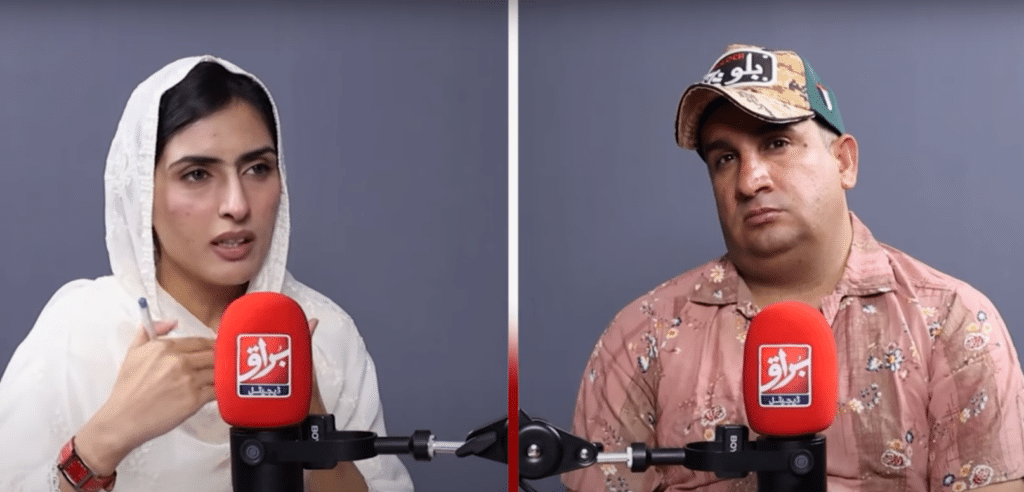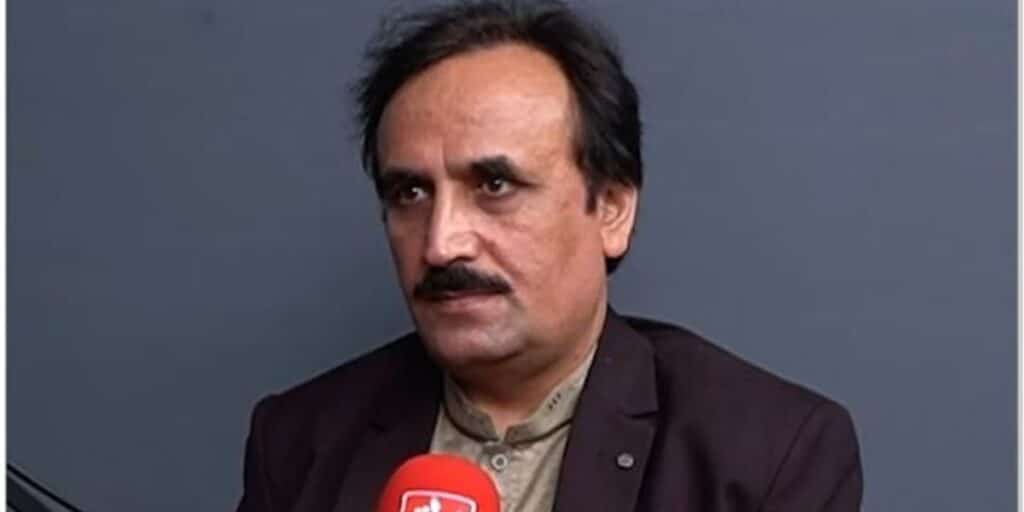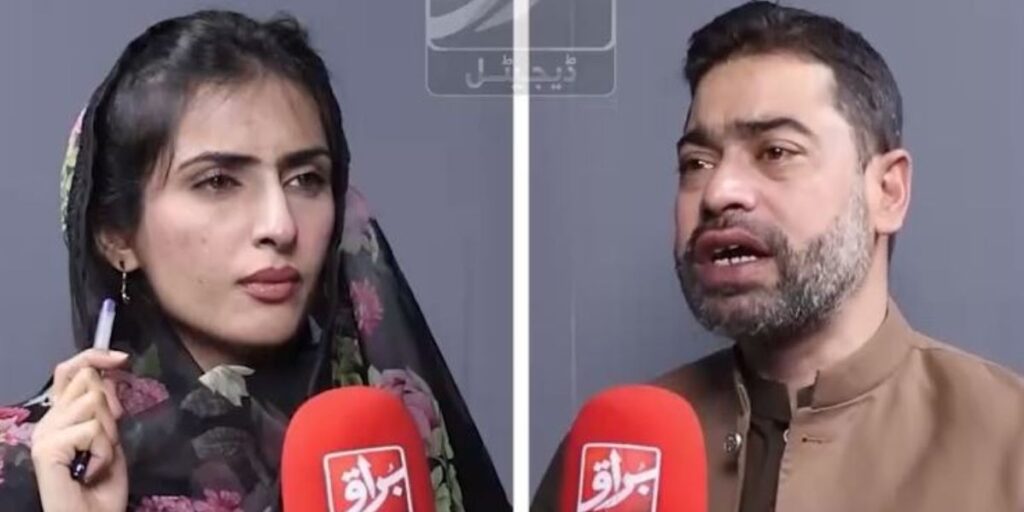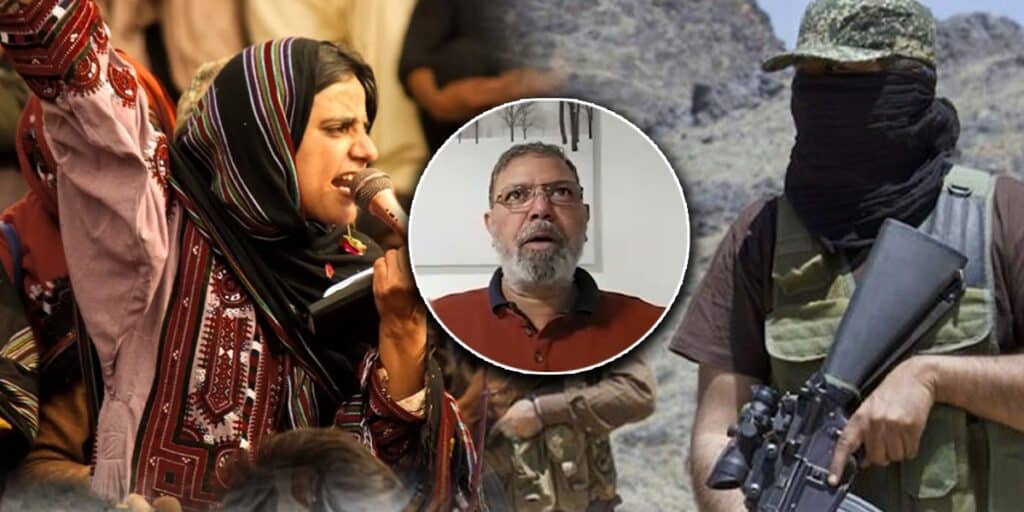By: Shabbir Baloch
As a son of Balochistan, I cannot remain silent when I see the world ignoring the long-standing injustices against both my homeland and my fellow Muslims around the globe. I am watching the devastation in Palestine unfold for decades, and I feel a deep sense of pain, anger, and responsibility. So far today, amid the ongoing Iran-Israel conflict, I feel compelled to speak louder, not just for myself, but for all of us who believe in justice, unity, and truth.
Israel is the real terrorist of Islam. For over 70 years, Israel has bombed, occupied, and oppressed the people of Palestine. This isn’t a new tragedy; it is a continuous campaign of violence, displacement, and dehumanization, and yet, the international community remains mostly passive.
Furthermore, we, the Islamic world, cannot afford this passivity any longer. We must unite, not in hatred, but in peace and purpose to confront this injustice from every front: political, diplomatic, cultural, and even digital. We cannot stand by while innocent lives are lost and our religious brothers and sisters are erased from their homeland. If we want to leave behind a better world for our children, we must act together.
In addition, this isn’t just about Palestine or Israel. This is also about what’s happening here, at home, in Balochistan, especially on the digital battlefield.
One of the most heartbreaking developments I’ve seen is the targeted digital attacks on Burak Digital, a platform created by and for Baloch people, especially Baloch women, to showcase our province’s positive image, share new ideas, and build a hopeful narrative about Balochistan. It’s a space where people come not just to talk, but to dream and plan for a better future. And now it’s under attack.
In such a scenario, Indian proxies are behind these attacks. They are infiltrating our digital spaces, spreading propaganda, hacking accounts, and targeting Baloch women with harassment and abuse. As a Baloch, I am outraged. These women are not just social media users they are someone’s daughters, sisters, and wives. They are brave enough to speak out, and for that, they’re being punished. That is unacceptable.
These attacks are not random. They are calculated. They aim to disrupt, to silence, to discredit our efforts. A fake page, “Burak Digital Original,” has even been created to confuse people and spread misinformation about our community. It is not just digital manipulation; it’s psychological warfare.
Additionally, I ask myself: how can we remain silent? How can we turn our eyes away from this digital invasion that threatens our very identity and our future?
We’ve also learned that Indian proxies operating from across the border are using TP-Link internet devices to carry out their operations inside Balochistan. It is not just a threat to Balochistan, it’s a threat to Pakistan’s sovereignty. These aren’t faceless hackers behind keyboards; they are enemies of truth, of development, of peace.
However, our security institutions, including the Pakistan Army and law enforcement agencies, are aware and ready to act, and I support them. We must hold accountable not just the attackers, but also their facilitators, whether they operate in the name of Israel, India, or any other foreign agenda.
Moreover, we cannot rely on governments and armies alone. This is also our fight. You and I, as ordinary citizens, must protect and support platforms like Burak Digital. We must promote voices that speak for peace, inclusion, and progress. We must call out fake pages and confront lies with facts. Because in this new age, the war isn’t just on borders, it’s on information. And we are all soldiers in this fight.
Also Read: Exploiting women for terrorism in Balochistan
I say this with full conviction: Balochistan will not be silenced. We are not victims—we are survivors. The platform like Burak Digital, we are building a future where young people, especially women, lead the conversation about our province’s progress. We don’t need foreign proxies telling our story, we will tell it ourselves.





